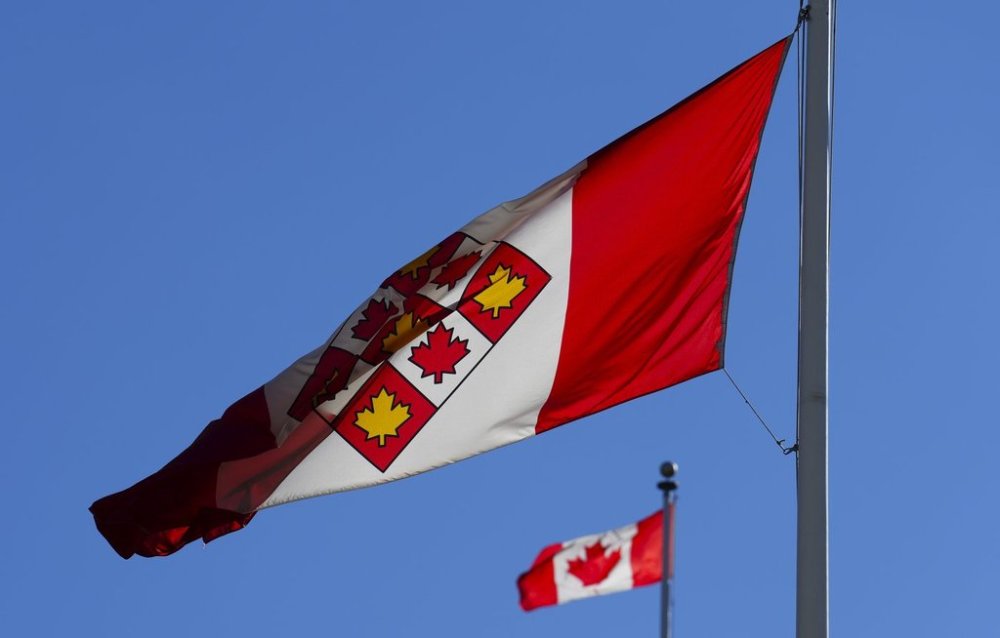Some noteworthy Supreme Court of Canada decisions over the last 150 years
Advertisement
Read this article for free:
or
Already have an account? Log in here »
We need your support!
Local journalism needs your support!
As we navigate through unprecedented times, our journalists are working harder than ever to bring you the latest local updates to keep you safe and informed.
Now, more than ever, we need your support.
Starting at $15.99 plus taxes every four weeks you can access your Brandon Sun online and full access to all content as it appears on our website.
Subscribe Nowor call circulation directly at (204) 727-0527.
Your pledge helps to ensure we provide the news that matters most to your community!
To continue reading, please subscribe:
Add Brandon Sun access to your Free Press subscription for only an additional
$1 for the first 4 weeks*
*Your next subscription payment will increase by $1.00 and you will be charged $20.00 plus GST for four weeks. After four weeks, your payment will increase to $24.00 plus GST every four weeks.
Read unlimited articles for free today:
or
Already have an account? Log in here »
OTTAWA – The Supreme Court of Canada marks its 150th anniversary this year. Here are a few of the most significant cases decided by the high court:
— Persons case (1928): The Supreme Court ruled that women were not “persons” under Section 24 of the British North America Act and were therefore ineligible to be senators. The decision was overturned by the Judicial Committee of the Privy Council, Canada’s highest court of appeal at the time.
— Roncarelli v. Duplessis (1959): Montreal restaurant owner Frank Roncarelli was frowned upon by Quebec authorities over his support for Jehovah’s Witnesses who distributed pamphlets attacking Roman Catholicism. Maurice Duplessis, Quebec premier and attorney general, prompted the revocation of Roncarelli’s liquor licence. The top court ordered Duplessis to pay damages.

— Patriation reference (1981): The court ruled it was legal for the federal government to patriate and amend Canada’s Constitution without the consent of the provincial governments. But the court also said amendments that would reduce provincial powers would require a consensus of the provinces.
— Big M. Drug Mart case (1985): A drugstore was accused of selling items in Calgary on Sunday, contrary to the federal Lord’s Day Act. The Supreme Court found the law infringed the Charter of Rights guarantee of freedom of religion.
— Vriend case (1988): Delwin Vriend, was dismissed from an Edmonton college after acknowledging he was gay. The court ruled the failure to include sexual orientation as an illegal ground for discrimination in the Alberta Individual Rights Protection Act violated the equality rights provision of the Charter.
— Morgentaler case (1988): In response to a case brought by Dr. Henry Morgentaler and other abortion rights advocates, the Supreme Court ruled the Criminal Code law on abortion violated a woman’s Charter guarantee of life, liberty and security of the person.
— Marshall case (1999): Donald Marshall Jr., a Mi’kmaq man from Nova Scotia, was found guilty of fishery violations after catching eel off-season without a licence. The Supreme Court reversed his convictions, recognizing hunting and fishing rights promised in historic treaties between the British and the M’kmaq.
— Jordan case (2016): The Charter says someone charged with an offence has the right to be tried within a reasonable time. Under a framework established by the court in the R. v. Jordan case, an unreasonable delay is presumed if proceedings — from the criminal charge to the conclusion of a trial — exceed 18 months in provincial court, or 30 months in superior court.
(Sources: Supreme Court of Canada, The Canadian Encyclopedia, The Canadian Press, The Osgoode Society for Canadian Legal History)
This report by The Canadian Press was first published Oct. 6, 2025.
